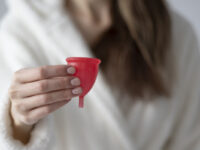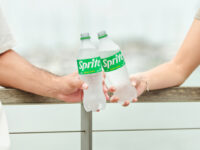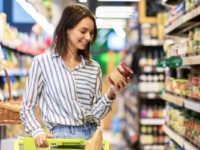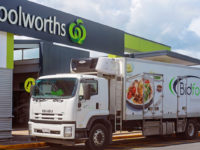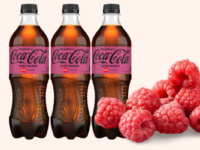
Coca-Cola Oceania and Coca-Cola Amatil NZ announced on Wednesday that all water bottles and all plastic bottles under 1 litre in New Zealand will be made from entirely recycled plastic by the end of 2019.
As a result, over half of the plastic bottles produced by Coca-Cola Amatil in New Zealand, including brands like Coca-Cola, Sprite, Powerade and Fanta (under 1 litre), will be made from recycled plastic.
Last month, Amatil announced that it succeeded in creating a carbonated soft drink bottle manufactured from 100 per cent recycled plastic, for the first time in Australia.
In an effort to promote sustainability, all single-serve plastic bottles in Australia will be switch to the fully recycled materials by the end of 2019.

Richard Schlasberg, general manager of Coca-Cola Oceania, said the company has a responsibility “to be part of the solution to the plastic waste crisis”.
“This is a big commitment to using more recycled plastic – one of the largest of its kind by a beverage company in New Zealand – and will significantly reduce the impact of our business on the environment.”
New Zealand will be one of the first countries in the world to achieve and exceed Coca-Cola’s global sustainable packaging goal to increase its use of recycled plastic.
The Coca-Cola Company has a global goal of reducing waste and collecting and recycling as many cans and bottles as it sells each year by 2030.
“Our move to substantially increase the use of recycled plastic means we will avoid using around 2,900 tonnes of new plastic and that’s incredibly positive for our environment,” managing director of Coca-Cola Amatil New Zealand Chris Litchfield said.
“Already all the bottles and cans we make can be recycled, and this takes it a step further towards creating a truly circular economy.”




